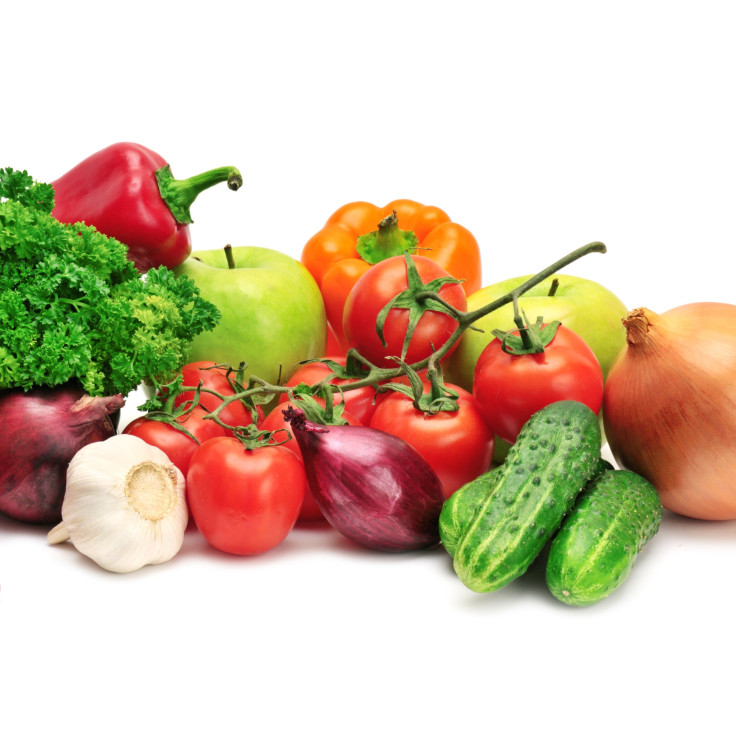Consuming Up To 200 Grams Of Fruits And Vegetables Will Decrease Your Stroke Risk

It’s not surprising that fruits and vegetables are the key to various health benefits, and now researchers are emphasizing their importance for reducing the risk of stroke.
In the study, researchers found that the stroke risk declined by 32 percent for the participants who ate 200 grams of fruit per day — and decreased by 11 percent for every 200 grams of daily vegetables. “Improving diet and lifestyle is critical for heart and stroke risk reduction in the general population,” Dr. Yan Qu, senior study author and director of the intensive care unit at Qingdao Municipal Hospital in China, said in a news release. “In particular, a diet rich in fruits and vegetables is highly recommended because it meets micronutrient and macronutrient and fiber requirements without adding substantially to overall energy requirements.”
Authors of the study reviewed 20 studies over the course of 19 years that involved over 760,000 people throughout the U.S., Asia, and Europe. The beneficial effects of fruits and vegetables were apparent across the board in both men and women. Various other studies have examined the relationship between fruits and vegetable intake and stroke; some have found a link, and others haven’t.
“It doesn’t surprise me too much in that it seems to confirm what a lot of other studies have shown,” Dr. David A. Miller, director of the Advanced Primary Stroke Center at Mayo Clinic, told Reuters. “We still don’t know if there is anything inherent in the fruits and vegetables or whether it’s their effect on blood pressure. It’s a chicken and egg type of thing.”
Despite the fact that it’s only an association and not a causation, it can’t hurt to increase your intake of fruits and vegetables. Eating plenty of fruits and veggies has been shown to decrease blood pressure, improve blood vessel function, and be an effective aid to losing weight. "In particular, a diet rich in fruits and vegetables is highly recommended because it meets micronutrient and macronutrient and fibre requirements without adding substantially to overall energy requirements," Qu told the Daily Mail.
Published by Medicaldaily.com



























